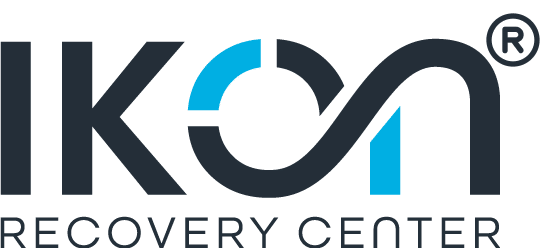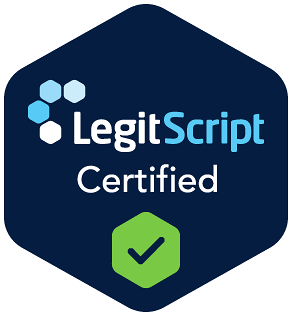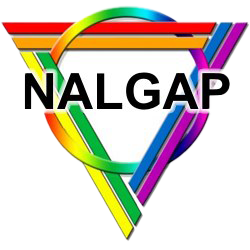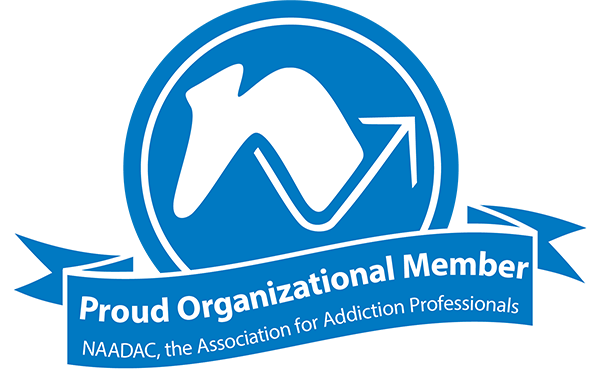Treatment for ADD and Addiction in New Jersey
An ADD/ADHD diagnosis affects thousands in the Garden State every year, with over 100,000 diagnoses reported between 2016-2019.[1] Impulsivity, restlessness, and difficulty with focus can push some individuals to drugs or alcohol.
Self-medication like this only seems to slow the racing thoughts, but in reality, it could be making the problem much worse. There’s been a continuous increase in the number of people with dual-diagnosis, with a 40% increase from 2014 to 2019.[2]
When ADD goes untreated, or the symptoms are paired with substance misuse, it dramatically raises the risks for job loss, accidents, and conflict within the household or family. With the correct information about ADD and addiction in New Jersey, you can spot danger in time for early interventions to be their most effective.
The Intersection of ADD and Addiction
For individuals with ADHD, the condition brings a rather unique set of brain chemistry quirks to the table. Firstly, a low baseline dopamine level makes most ordinary tasks boring and tedious, which pushes the individual to encourage thrill-seeking or self-medication.[3]
Substances like alcohol, prescription pain pills, and even cannabis provide a temporary dopamine spike that helps to mask the inattention and restlessness. As this behavior is repeated over time, the brain rewires itself, requiring increasingly higher doses of dopamine to achieve the same level of relief. This pattern is the launchpad for dependency, and it can be the beginning of a substantial struggle for those facing a dual diagnosis of ADD and addiction.
Impulsivity is another vital aspect of ADHD that poses risks. Acting without pause to consider the action means more likely access and acceptance of drugs or alcohol. Environmental factors shouldn’t be ignored either. New Jersey’s dense nightlife and club scenes combine with high-pressure jobs close to NYC, and rapid highway access to several major drug corridors and hotspots accelerate exposure.
Some of the most at-risk populations are adolescents. Studies show teens with untreated ADHD face a risk multiplier when it comes to developing substance-use disorders by adulthood.[4] Adults aren’t spared either, though, and it’s not uncommon for roughly one in five addiction treatment admissions to list a previous ADD or ADHD diagnosis.
